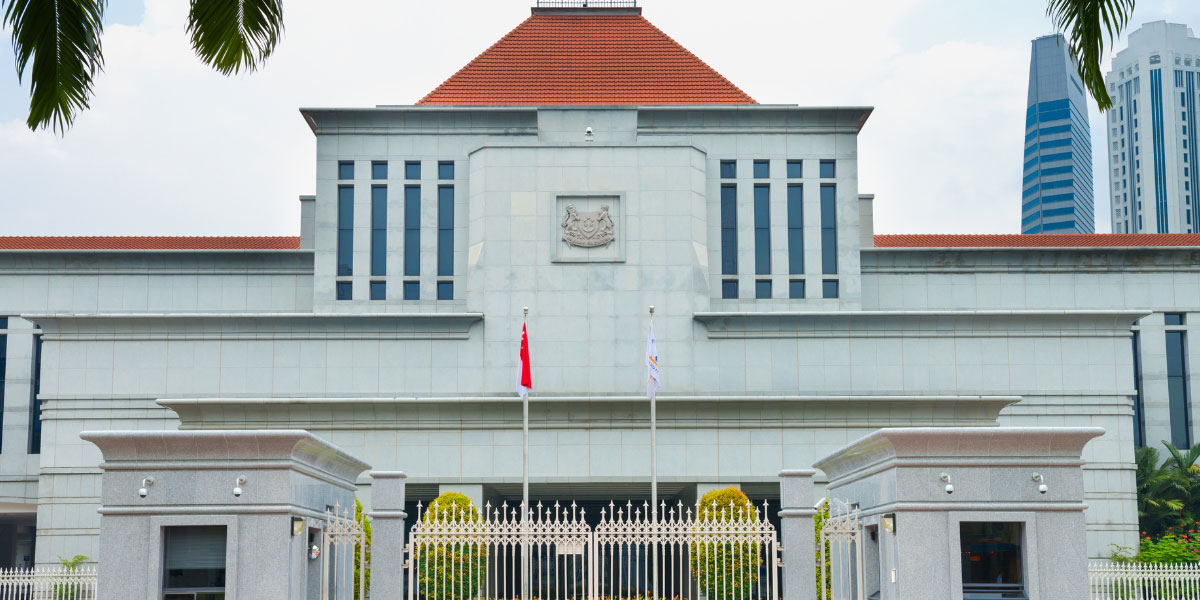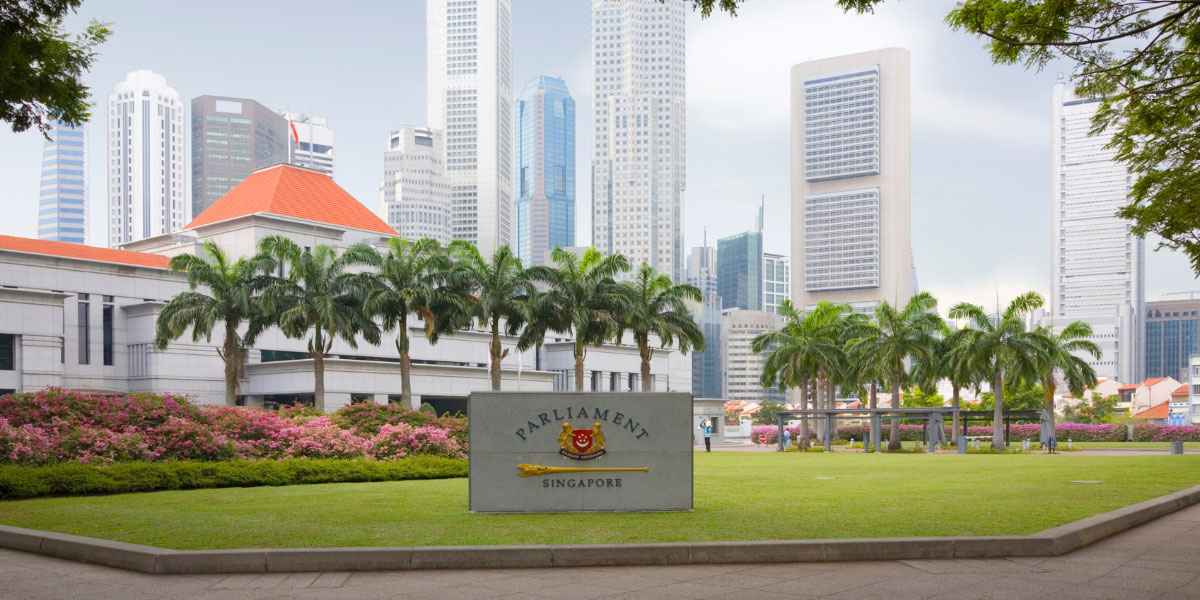Singapore’s Minister for Finance has stressed the importance of Singapore balancing its books over the long term, in the 2014/15 Budget speech. Already, with increased social and healthcare spending, the Singapore Government is forecasting a small budgetary deficit of SG1.2bn (USD950m), or about 0.3 percent of gross domestic product (GDP), in 2014/15, after a surplus of 1.1 percent of GDP in 2013/14. Government spending is expected to rise by 8.3 percent, outstripping a 4.1 percent rise in revenue.
The Minister for Finance disclosed in the speech that Government expenditure is likely to increase by 3 percent of GDP by 2030, due to infrastructure spending and social spending, especially in healthcare. Healthcare spending is expected to double from 2011 levels to SGD8bn by 2015, before reaching SGD12bn by 2020.
However, the Government’s tax strategy for dealing with this fiscal gap would be based on three principles:
- the maintenance of economic growth through globally-competitive tax rates,
- A progressive fiscal system, and
- A low burden on the middle income taxpayers.
Singapore already has a significantly progressive tax system with a wide tax base and also has a goods and services tax (GST). It is not therefore over-dependent on direct taxes. Having regard to the future competitiveness of Singapore and the possible impact of tax increases on taxpayers, the Finance Minister did not discuss whether there will be a need for tax rate hikes (the GST rate having last been increased in 2007) or whether the tax base will have to be further extended with other types of taxes being introduced.













